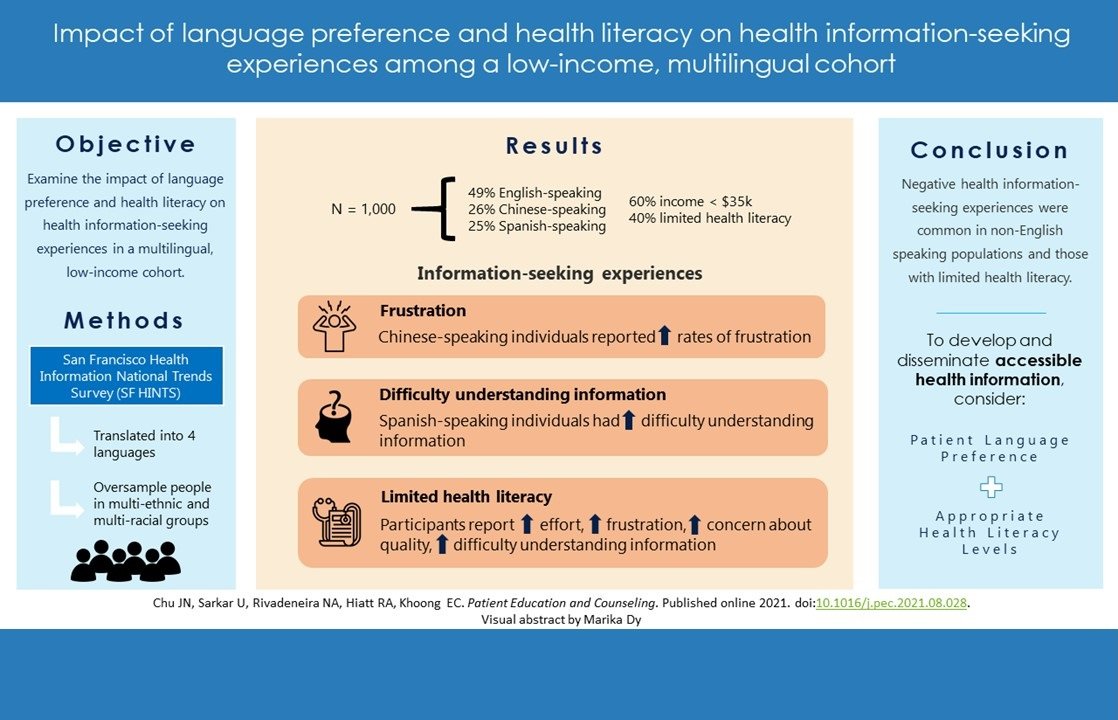safety-net learning health systems
Image provided by the San Francisco General Hospital Foundation.
Overview
Safety-net practices are defined by the Institute of Medicine (IOM) as providers that arrange and deliver health care and other essential services to uninsured, Medicaid, and other patients that have been economically, socially, or historically marginalized. Approximately 59 million people in the U.S. receive assistance from a safety-net program every month, which is equivalent to about 19% of the population, or 1 in every 5 people. As safety-net settings care for a large portion of the population, research and implementation projects seeking to improve the safety-net are critically important.
At Zuckerberg San Francisco General Hospital and Trauma Center (ZSFG), the city’s only public hospital and a key part of the San Francisco Health Network, the majority of patients are covered by Medicaid, Medicare, or are uninsured. ZSFG serves as a major hub for safety-net care and is also a teaching hospital affiliated with the University of California, San Francisco (UCSF), one of the nation’s top academic medical centers. UCSF’s mission to advance health worldwide is deeply connected to its role in serving vulnerable populations, particularly through partnerships like those with ZSFG.
Drs. Khoong and Sarkar are practicing physicians within these medical safety-net settings, and are dedicated to improving the health of under-resourced communities. Most of their research efforts are focused on improving health and health care outcomes for patients who are seen in the safety-net.
PRISE
The Partnerships for Research in Implementation Science for Equity (PRISE) Center aims to advance health equity through community partnerships and transformative implementation research. The Center fosters collaboration between community and clinical partners to drive innovative research in implementation science, focusing on methods to improve health outcomes and promote equity. Dr. Elaine Khoong serves as both a PRISE Center faculty member and an Executive Committee member.
Selected Completed Safety-Net Projects




